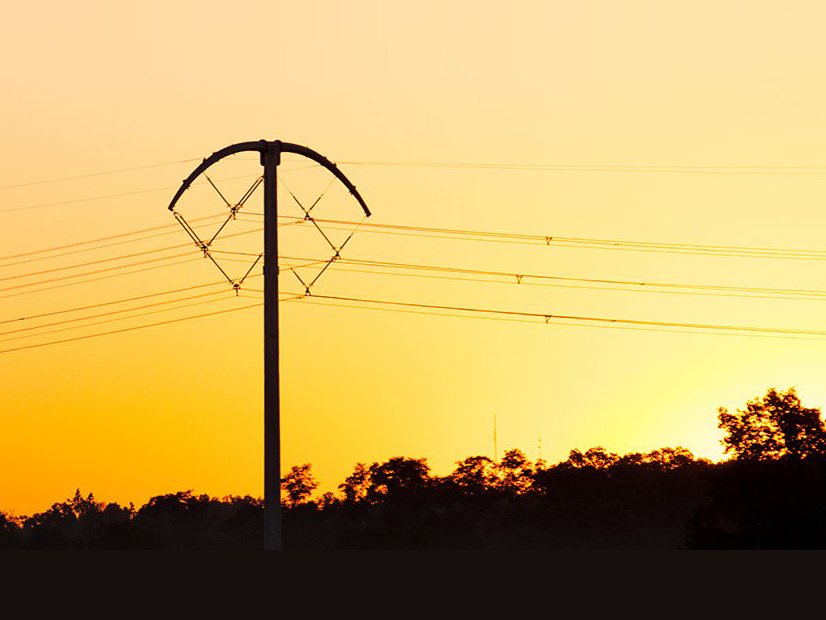
The D.C. Circuit Court of Appeals last week rejected four Texas cooperatives’ request to review a 2019 FERC decision over American Electric Power’s (AEP) transmission rates, saying the commission properly interpreted the terms of AEP’s tariff (22-1166).
The Jan. 11 order is part of a proceeding that stems from FERC’s approval of a settlement allowing AEP to transition its rates from a historical formula rate to a forward-looking formula rate and remove directly assignable transmission costs related to generation. East Texas Electric Cooperative, Northeast Texas Electric Cooperative and Golden Spread Electric Cooperative agreed to the settlement. Arkansas Electric Cooperative Co. intervened but did not join the settlement or oppose it.
AEP’s 2020 annual update filed with FERC included the true-up calculations to be charged for transmission services provided in 2019. The cooperatives challenged the update and raised several issues that could not be resolved through the preliminary challenge process. The commission rejected several of the asserted error claims and a request for retroactive relief, leading to the cooperatives’ petition for review. (See FERC Partially Grants Challenges to AEP Transmission Rates.)
The cooperatives appealed four rulings in the order: one concerning FERC’s interpretation of the protocols to preclude relief for errors that allegedly occurred in prior rate years and three arguments that took issue with the inclusion of certain cost inputs in the 2019 charged rate.
The appeals court agreed with FERC that refunds for errors made in previous rate years are barred under its governing protocols and that the protocols are controlling. It rejected the cooperatives’ other three arguments, saying FERC’s order is reasonable and “adequately explained.”
“We are ‘particularly deferential to the commission’s expertise’ in making highly technical rate classifications,” Circuit Judge Florence Pan wrote.
Pan was one of three judges who heard former President Donald Trump’s immunity claims from criminal charges Jan. 9.
FERC Approves SPP Revisions
FERC on Jan. 11 accepted SPP’s tariff revisions that clarify the RTO’s multiday reliability assessment (MDRA) process, how the day-ahead market consumes commitments made through the process, and how those commitments are compensated through settlements (ER23-2927).
The commission said SPP’s proposal gives it flexibility in addressing system needs through the MDRA process ahead of extreme weather events and helps incentivize resources to perform when the grid faces reliability risks. FERC said the revisions help resources committed during the MDRA process manage fuel price volatility during extreme weather events.
The MDRA process is SPP’s only way to commit resources in advance of its day-ahead market. It studies systems to help determine whether to commit resources and to provide notice to resources that they be online and should procure fuel. SPP said the revisions do not fundamentally change the process’ core concepts.
The RTO said its proposal was informed by its experiences during the 2021 and 2022 winter storms, when it was forced to import capacity from neighbors to meet demand.



